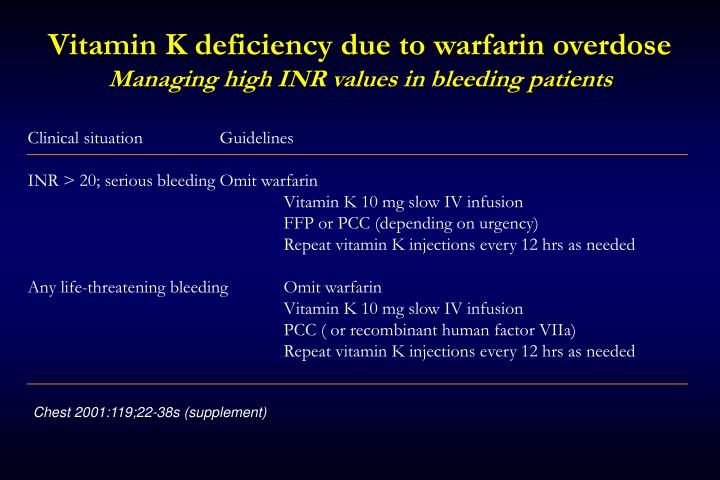

Breakthrough in understanding vitamin K metabolism Because vitamin K is important in blood clotting, the scientists further determined that FSP1 is responsible for a vitamin K-reduction pathway that is resistant to warfarin, one of the most commonly used anticoagulants. The researchers have now discovered that the completely reduced form of vitamin K (vitamin K hydroquinone) is a potent lipophilic antioxidant that suppresses ferroptosis by trapping oxygen radicals in lipid bilayers.įurthermore, they discovered that FSP1 is the enzyme that effectively converts vitamin K to vitamin K hydroquinone, resulting in a new non-canonical vitamin K cycle. Marcus Conrad already identified an enzyme as a novel and strong inhibitor of ferroptosis: ferroptosis suppressor protein-1, short FSP1. Unraveling the long sought-after vitamin K reducing enzyme FSP1

Eikan Mishima, first author of the study explained. “Surprisingly, we identified that vitamin K, including phylloquinone (vitamin K1) and menaquinone-4 (vitamin K2), is able to efficiently rescue cells and tissues from undergoing ferroptosis” Dr.

Credit: Helmholtz Munich (c) Bettina Proneth Eikan Mishima, Senior Scientist, Institute of Metabolism and Cell Death at Helmholtz Munich. Marcus Conrad, Director, Institute of Metabolism and Cell Death at Helmholtz Munich Dr. The results of this study support the idea that vitamin K treatment might be a new, effective way to treat various disorders associated with ferroptosis.ĭr. In recent years, ferroptosis has been linked to a number of illnesses, including Alzheimer’s disease and acute organ damage. Furthermore, the researchers identified FSP1 as the warfarin-insensitive enzyme decreasing vitamin K, the identity of which had been speculated but remained unknown for more than a half-century. Ferroptosis is a natural type of cell death in which cellular iron plays a major role and is characterized by the oxidative breakdown of cellular membranes. The scientists found that vitamin K in its completely reduced form functions as an antioxidant by efficiently inhibiting ferroptotic cell death.

Scientists discover a new function for a long-known molecule.Ī team of researchers from Helmholtz Munich has discovered a new function for vitamin K, which is generally known for its role in blood clotting. The discovery also suggests that vitamin K treatment might be an effective way to treat ferroptosis-related diseases.


 0 kommentar(er)
0 kommentar(er)
